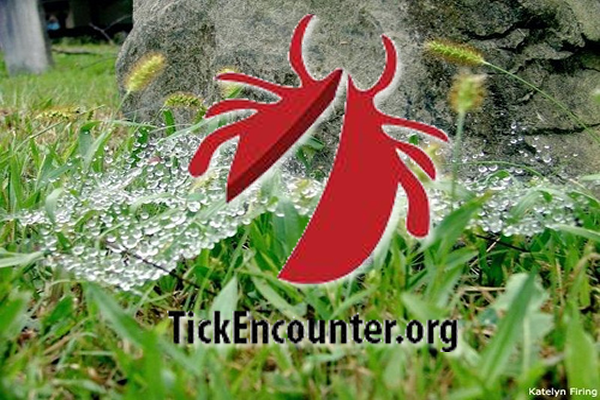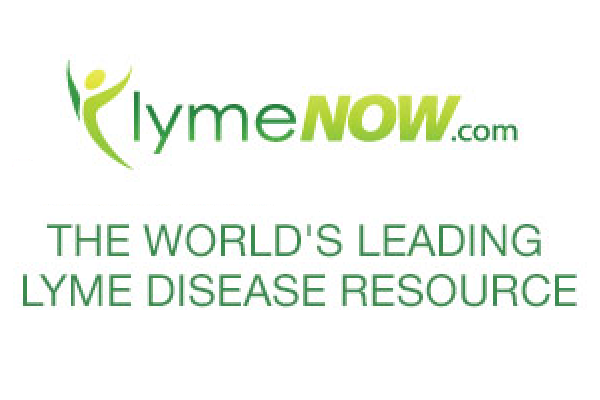Project Description
The TickEncounter Resource Center promotes tick-bite protection and tick-borne disease prevention by engaging, educating, and empowering people to take action.
The Challenge
For over 2 decades, Rhode Island consistently has ranked 2nd to Connecticut in per capita incidence of tick-transmitted disease. Over this time, tick-borne disease has continued to increase in numbers and severity. To decrease tick-borne disease from Rhode Island and other parts of the U.S., we clearly need new strategies for prevention, including effective tools to prevent tick bites, to prevent pathogen transmission, for diagnosis, and for treatment.
Before recent advancements in science and technology, the thought of eliminating tick-borne illness from Rhode Island was a seemingly unachievable task, since even suppressing disease incidence rates seemed out of grasp. However, breakthroughs in current research along with growing successes in community outreach give us hope that eliminating tick-borne illness is now a realistic and attainable goal.
While the statistics are daunting, we are optimistic because we know that this problem can be solved. More importantly, we have come to realize that it is not enough simply to be aware of the problem; to make a difference, every one of us must take action .
The Solution
For over 10 years, URI’s Center for Vector-Borne Disease has been committed to tackling Rhode Island’s growing tick epidemic. In 2006, the Center launched a comprehensive initiative devoted to making swift progress in creating and implementing strategies to “drive tick-borne disease out of Rhode Island.” To accomplish this, CVBD will be integrating its existing programs in basic research with new outreach programs, to highlight the need for applying a wide variety of “tools” to achieve disease prevention. Goals of this effort include:
- Creating effective new vaccines and therapeutics to prevent tick-bites and disease transmission
- Providing effective strategies for health information delivery and action plan decision support
- Developing and promoting community-based tick control strategies to lower tick abundance and pathogen infection rates
- Improving reliability in diagnosis and treatment





